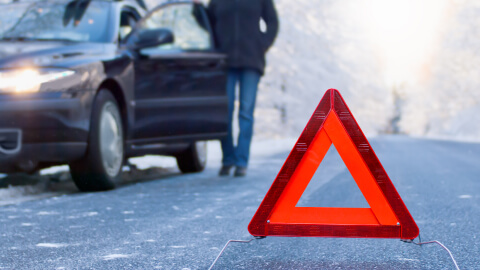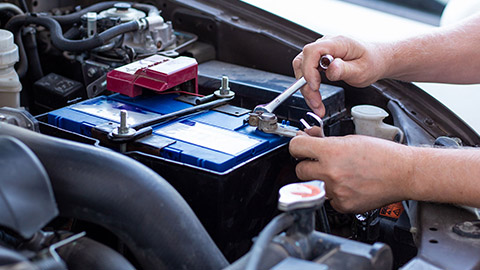What is a Winter Car Check and How Does it Work?
14th Nov 2025
As the winter months draw in, it's starting to get darker earlier and the weather is starting to turn. Making sure your vehicle is well maintained is crucial this time of the year, as the risk of accidents increase significantly due to reduced visibility and wet roads.
Many breakdowns and accidents could easily be avoided by ensuring your car is fit for winter, which can be looked at as part of a routine inspection of your car.
The best way to ensure your vehicle is safe to face the colder months is by taking it for a winter car check. This article explains in detail what the technicians are going to check your vehicle for when performing the winter car check.
- What is a winter car check?
- Tyre Inspection
- Battery Inspection
- Coolant and antifreeze top-up
- Windscreen Wipers Inspection
- Lights Inspection
- Oil Check
- Brake Checks
- Frequently Asked Questions
What is a winter car check?
A winter car check is a service provided ahead of the colder months to ensure key components are working properly and safely. As temperatures drop and the weather becomes more unpredictable, essential parts of your vehicle can be more susceptible to damage.
Tyre Inspection
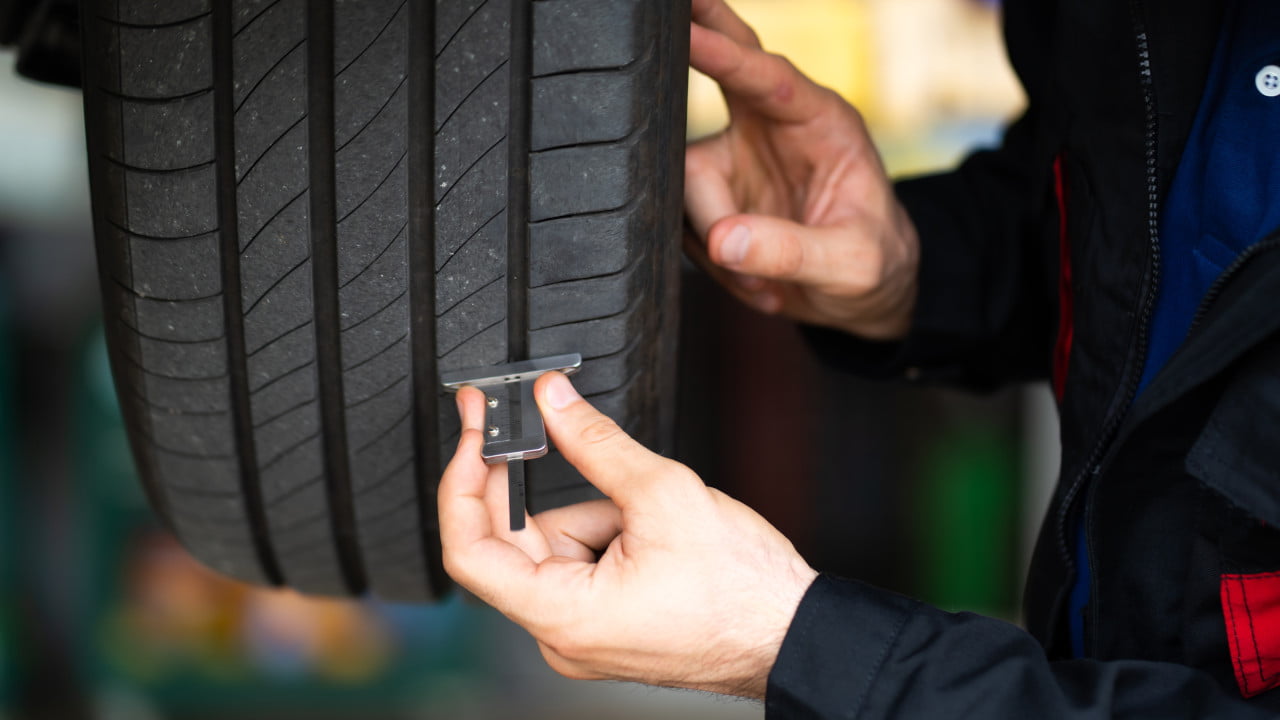
Arguably the most overlooked investment when it comes to a car, the tyres are extremely important to check before winter, as they are the main contact points you car has with the road.
As part of the winter car check, the tread depth of your tyres will be checked to ensure it meets the legal requirement of 1.6mm, although our technicians may recommend a depth of 2 to 3mm to be on the safe side. Low tread or poor condition tyres could increase the risk of skidding and losing traction, resulting in the car being much harder to control in adverse weather conditions.
If a car has good quality tyres, with plenty of tread, they're far less likely to cause you problems in winter. More grip and better quality will make driving in adverse weather easier, and generally be a lot safer than those in poor condition.
Failing to replace your tyres when the treads are below the limit may cost you up to £10,000 in fines (£2,500 per tyre), and you’ll get 12 penalty points on your license.
Battery Inspection
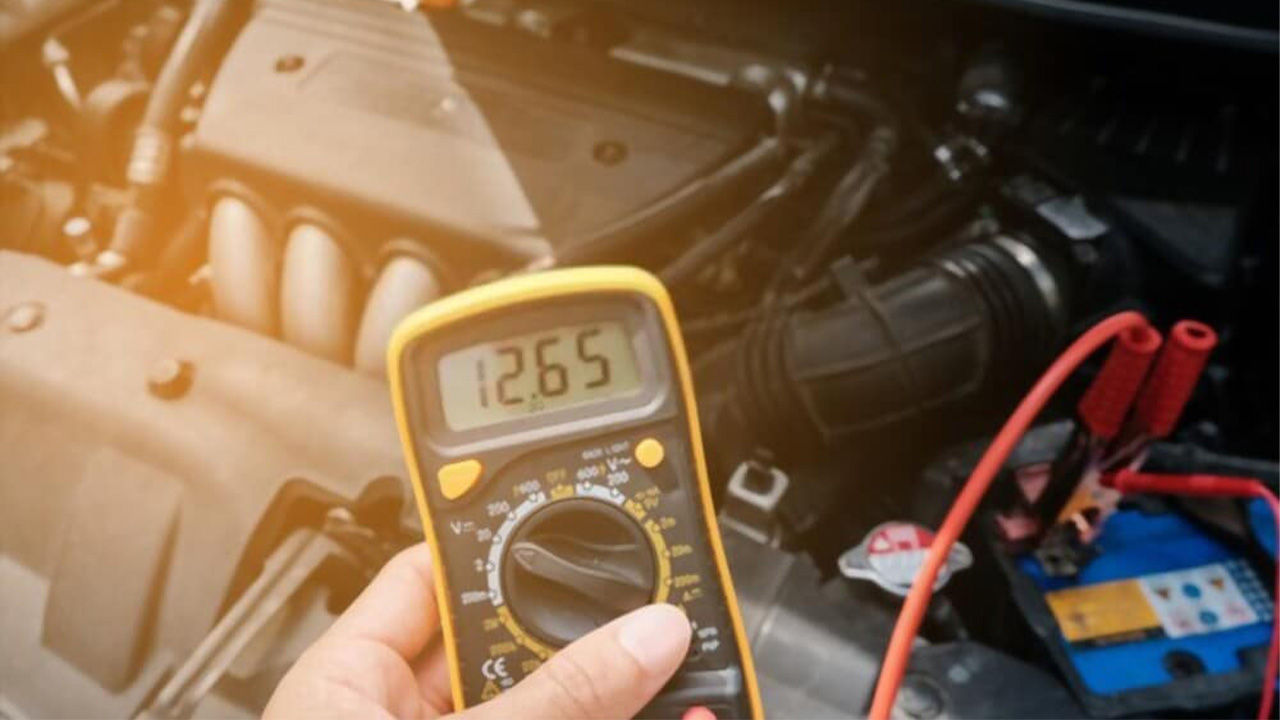
A change in temperature can start to play havoc with certain items of a car, one of which is the battery. This is a vital part of the car as it powers essential functionalities such as heaters, lights, and demisters, most of which are used even more frequently during the colder months.
Therefore, as part of the winter car check, the optimisation of your battery is also checked and tested, ensuring it's protected, charged and secured properly, so that you're not left without any power in your vehicle.
Our expert technicians will perform a visual test to assess the battery's condition, checking for corrosion, frayed or cracked cables and bulging, cracked or leaking battery case. The next step is checking your battery's expiration date as most batteries have a 3 to 5 year lifespan.
Then they'll test your battery’s voltage, as a fully charged battery should be around 12.6 volts. If your battery is performing under this voltage, they'll be able to advise and provide a service to repair or replace it.
It's also good to check a battery after storage, as some batteries can lose charge or function easily after not being used for a while.
Coolant and antifreeze top-up
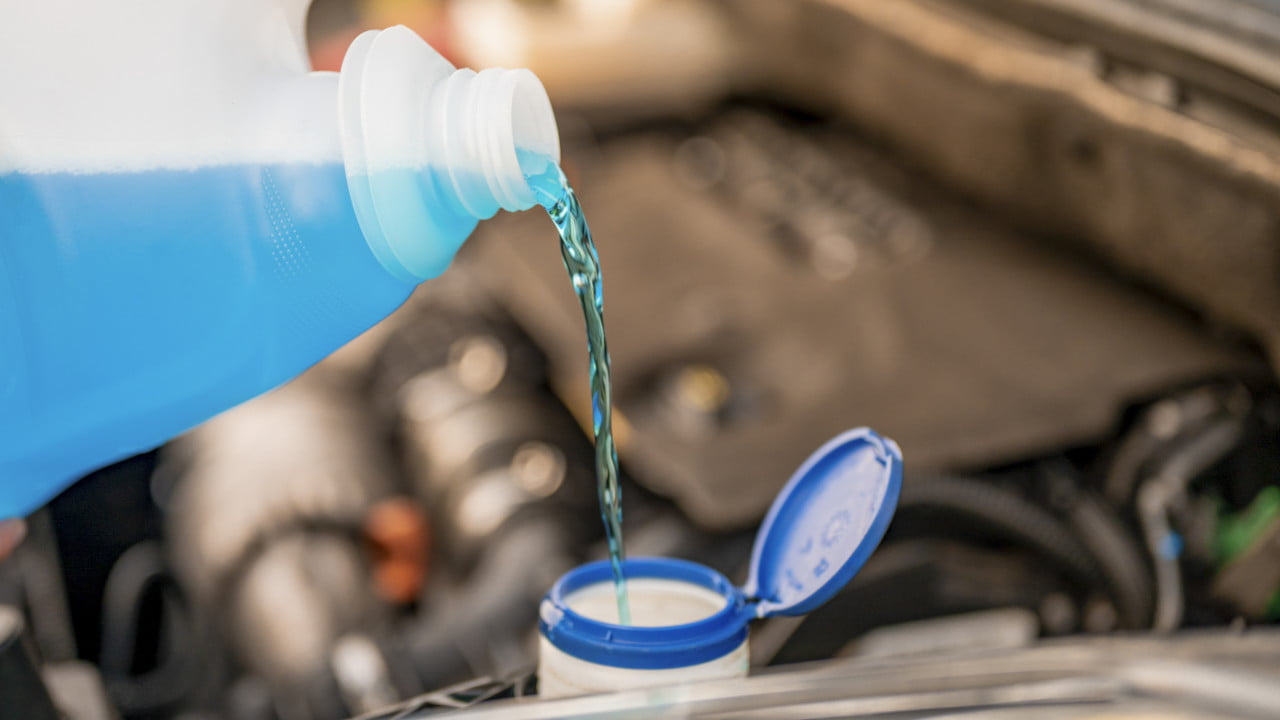
Cooling system problems are common reasons for engine breakdowns; this is the last thing you want when it's cold outside, or you're out in the sticks broken down in a dangerous position on the road network.
Therefore, checking the cooling system can be a preventative measure. Antifreeze is also important to help freezing water from splitting engine hoses, pipes and causing leaks, so making sure it's in tip-top condition is an important and necessary part of the winter car check.
On average, the correct coolant level should be between the min and max lines, however, the coolant level can vary depending on the vehicle. Our expert technicians will be able to check this for you, following the manufacturer's guidelines.
Windscreen Wipers Inspection
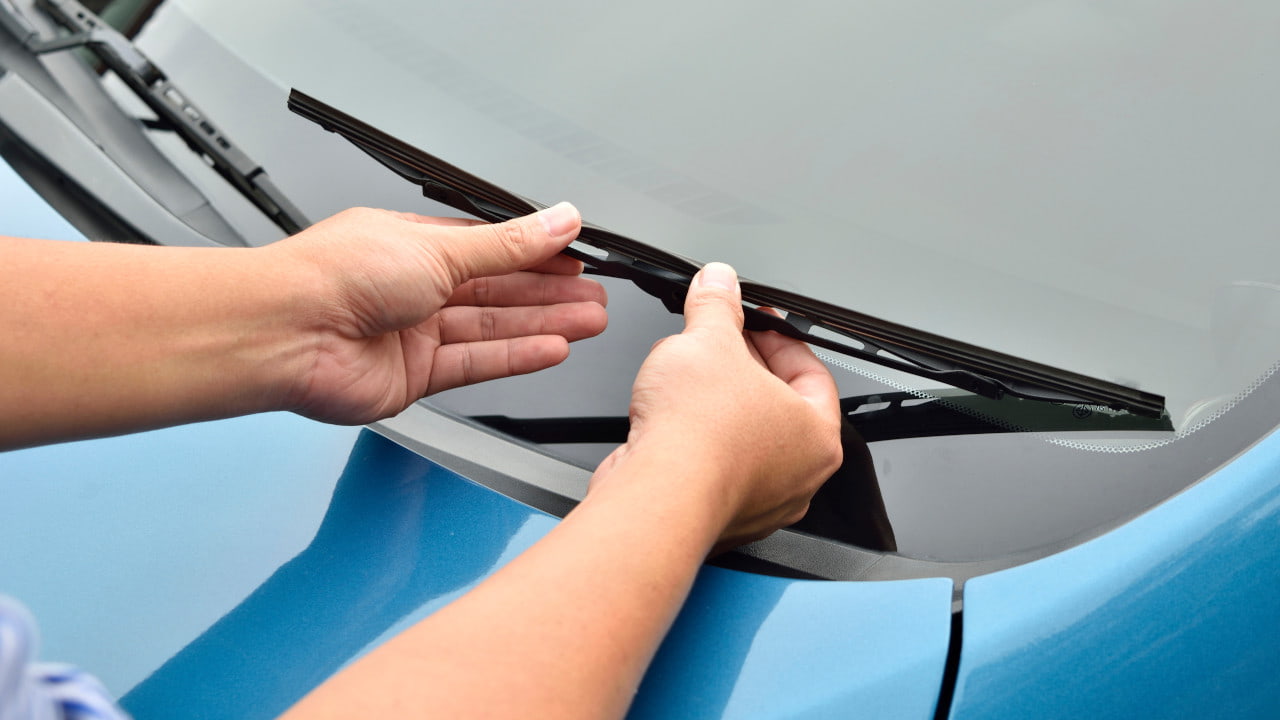
You probably hardly ever use your wipers in the summer, apart from when the heavens open for the inevitable British shower. However, come the winter months, we rely a lot more on our windscreen wipers and washer bottle fluid to clear salt, water and general road grime from our view.
It's also worth noting that poor condition wipers are an MOT failure. In winter your wipers are ultra-important for maintaining clear vision. It’s recommended you change your vehicle’s wiper blades every 12 months.
Our technicians will check your wiper blades are clean, don't have any splits, make sure the washer fluid can withstand temperatures of at least -15 °C, and perform other checks to ensure that your wipers are up for the job so you're not putting yourself or other road users in unnecessary danger.
Lights Inspection
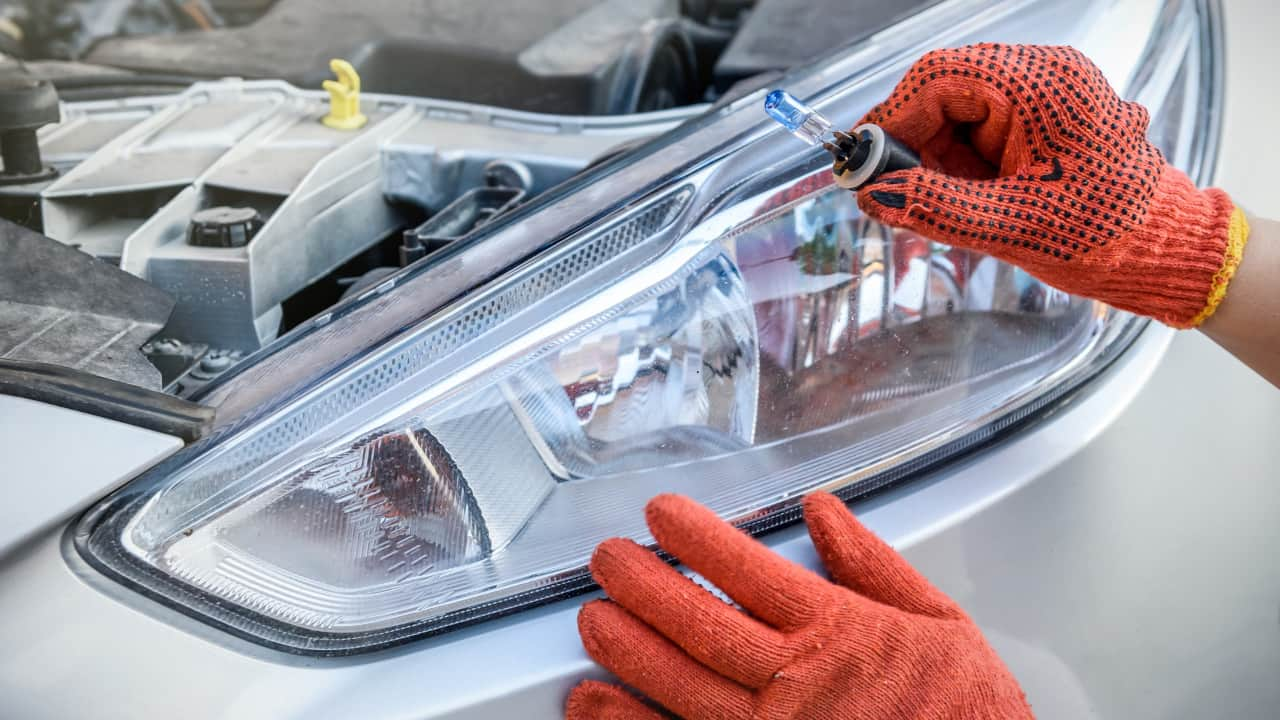
Again, due to the night drawing in headlight and taillight use is increased.
Legally speaking, all exterior lights must be working properly. Poor headlights and tail lights could be the difference in being seen or helping see the road ahead, so making sure your lights are in good working order is vital. Carrying a spare set of bulbs is handy, although some cars do feature much more advanced headlight and tail lights.
Oil Check
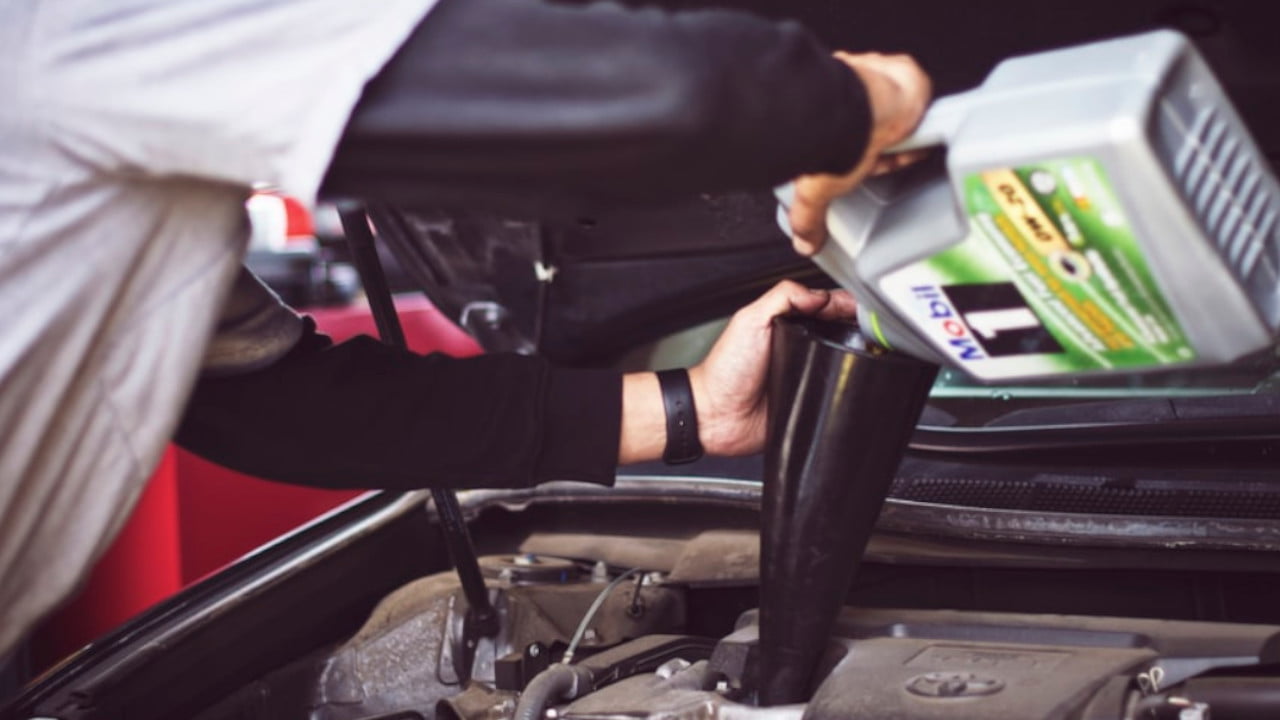
The last thing you want in winter is your car breaking down. No one wants to be at the side of the road whilst it's freezing cold, with your car in a potentially dangerous position that could be a hazard to other road users.
As part of the winter car check, our technicians will check your vehicle's oil level. Too much or too little oil in a car can damage a car's engine.
You can book an appointment at your local Evans Halshaw Service Centre where one of our expert technicians will be able to advise on oil type and give some instances, as some oil is thinner to ensure smoother operating in the colder months and to keep your car running smoothly.
Brake Check
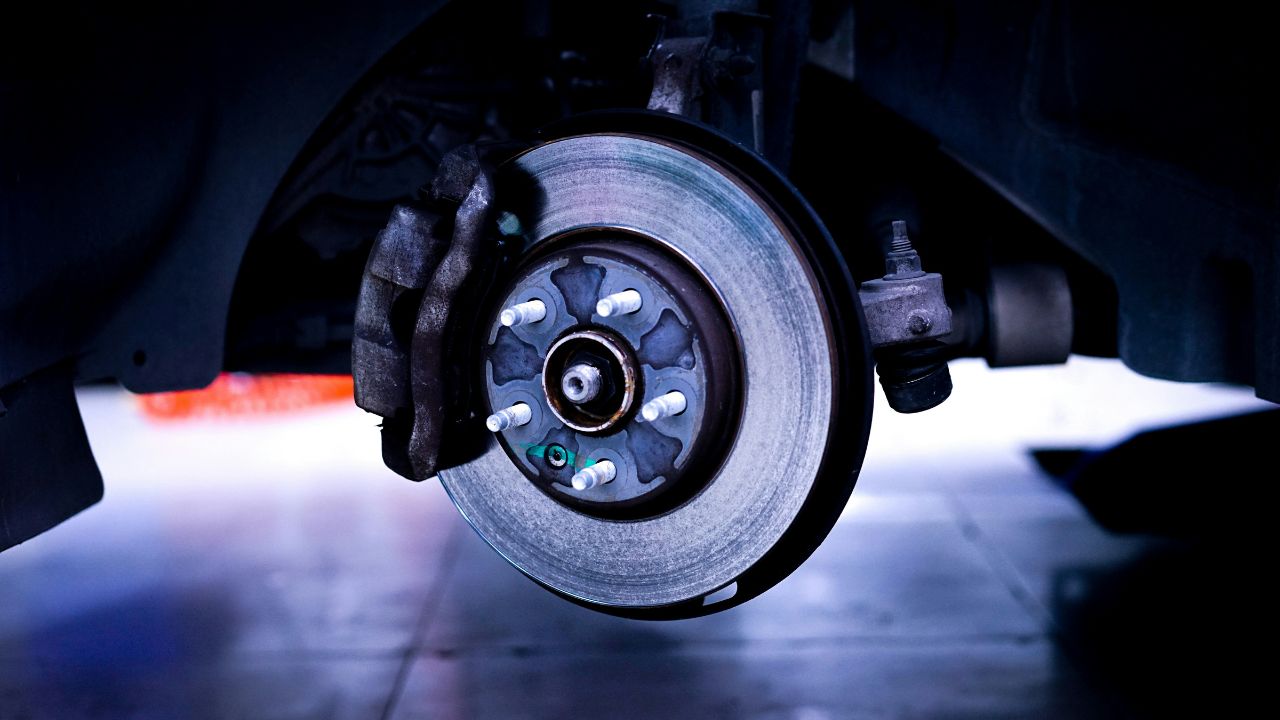
Keeping your brakes well maintained is extremely important during the colder months as they can prevent aquaplaning and skidding.
Our technicians will test your brakes to make sure they don't feel spongy or soft when pressed, they don’t leave a burning smell when braking, they don’t make loud or squeaking noises and that your brake lights don’t flash when the brakes aren’t applied.
Frequently Asked Questions
A car winter check is performed quickly and the whole appointment should take between 30 to 60 minutes.
Get your Winter Car Check with Evans Halshaw
Making sure your vehicle is well maintained during the colder months could prevent accidents, potential fines and penalty points. There are a number of checks that can be performed at home, however, if you’re unsure how to perform them and would like assistance from an expert technician, you can get in touch with your local Evans Halshaw retailer and book an appointment.
Alternatively, if you’d like to read more about car maintenance and have access to our exclusive guides, check our blog for more information.


